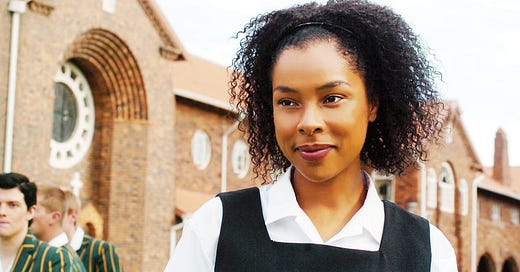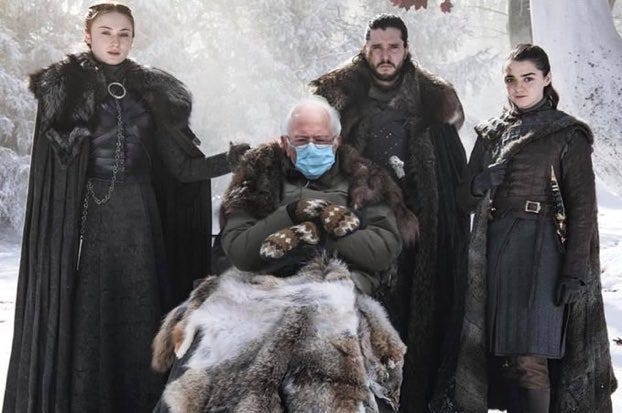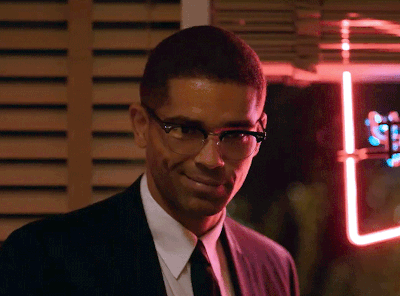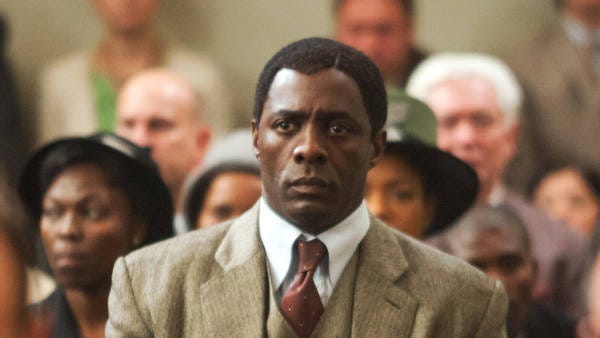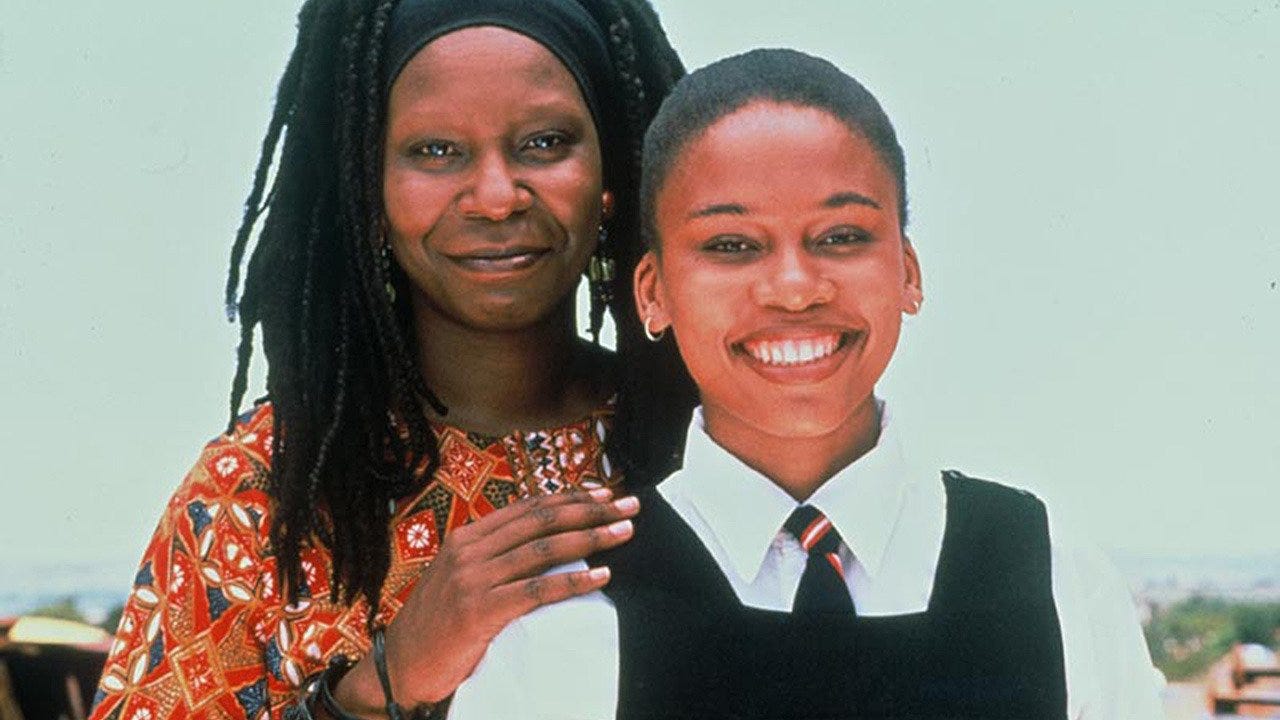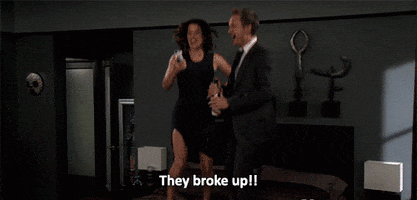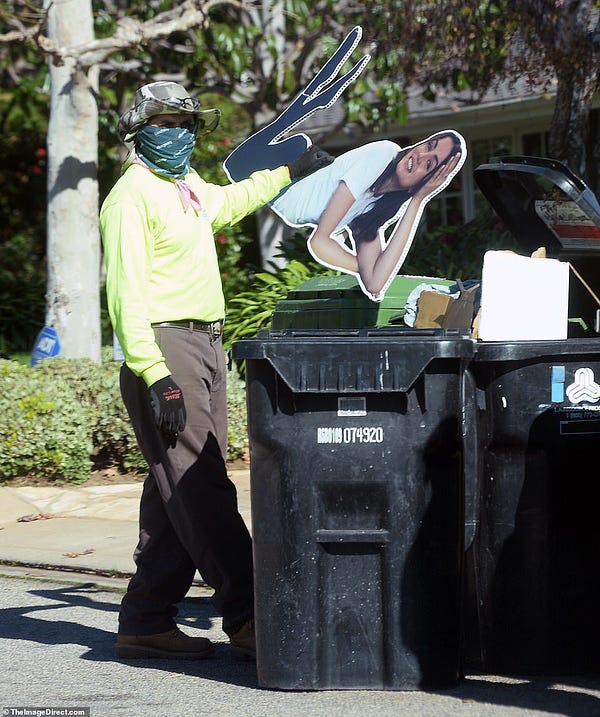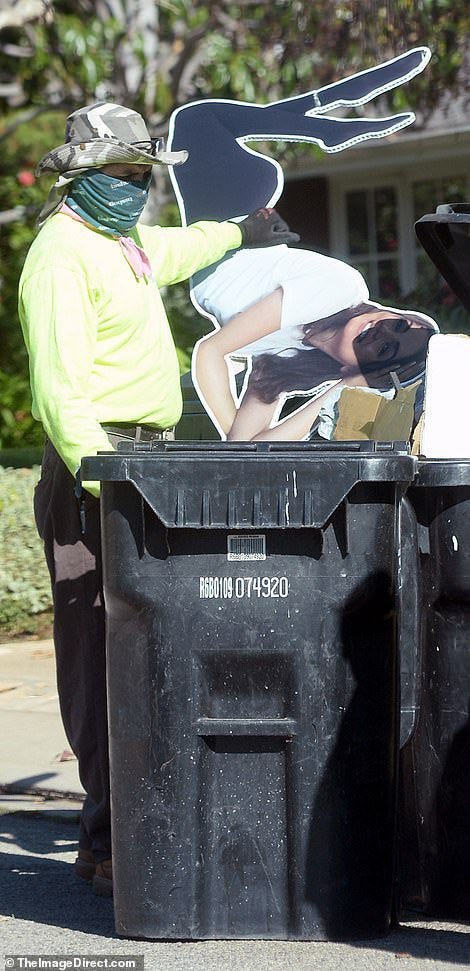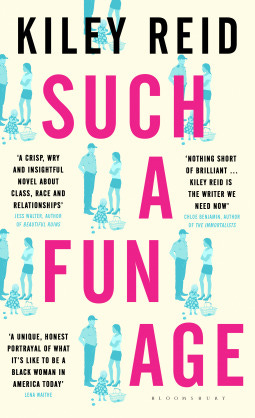let's talk about non-africans playing historical south africans
also we have to talk about that ana de armas cutout
Hi guys,
Sorry that the newsletter is so late this week! I’ve been watching the US Inauguration coverage religiously and that has taken up most of my free time.
But before I start, just (1) Bernie meme pls:
This week I wrote talking about the casting of American and British actors as South African historical figures, Ben Affleck and Ana de Armas and that cardboard cutout, and of course, as always, recs.
a long walk to south africans playing their own historical figures
There has been a conversation in recent years about British actors playing historical African American figures in film. Examples include David Oyelowo as Martin Luther King Jr in Selma, Chiwetel Ejiofor as Solomon Northup in 12 Years a Slave, Cynthia Erivo as Harriet Tubman in Harriet, and very recently Kingsley Ben-Adir as Malcolm X in Regina King’s One Night in Miami.
This became a hot topic after Samuel L. Jackson spoke about the casting of British actors in American roles in 2017. And has since then been an ongoing conversation as Regina King has had to recently defend her casting of Ben-Adir. She said, “In my opinion, I feel like the best actor for the role should play the part; the actor that truly understands the role that they’re playing.”
Here is the thing, I can’t really comment on this as I am neither American nor British, but my recent viewing of the film Skin this weekend, had me thinking about how much I hate when South African actors are not cast as their own historical figures.
If you want to read more about the debate about British actors playing Black American roles, I would recommend this article in Vulture by Angelica Jade Bastien. But something that she says in the article really stood out for me:
“There are a few things that underlie the belief that, because acting requires imagination and transformation, direct experience isn’t a necessity. And that thanks to some shared history and the common experience of racism, black actors no matter their origin are interchangeable.”
This is why we have had Idris Elba, Morgan Freeman, Terrence Howard, Clarke Peters, Dennis Haysbert, Sidney Poitier and Danny Glover playing Nelson Mandela. Other than the fact that these actors don’t look anything like each other, they also don’t look like Nelson Mandela and can I say, I don’t think any of them got the cadence of his voice right either? Through a rock at any comedy club in South Africa and you’d find at least three comedians doing the Mandela voice better.
So back to Skin…I was browsing the Made in Africa tab on Netflix over the weekend and came across this 2008 film about the Sandra Laing story. Now, I remember Sandra Laing from learning about her in history class. This child that was born to two white Afrikaner parents who happened to have dark skin and curly hair during apartheid, and how the laws and how she was treated by others tore the family apart. I was curious to see the film version (somehow this flew under my radar when this came out) and was almost immediately disappointed.
I understand that this was over 10 years ago, so the film industry has changed, somewhat, but it really opened my eyes to how much our stories are butchered when we don’t tell them ourselves. Firstly, acting aside the film is not good. The writing is very cringey and I feel as if it does not demonstrate well, the emotional impact of what apartheid did to communities. It was a biopic by numbers, the Wikipedia version of Laing’s story is more interesting. I mean, it was written by three white women and directed by a white British man, how are you going to relay the experience of apartheid, and how Sandra never felt part of any community, if you are only writing from a perspective of an outsider?
And then the role of Sandra Laing was played by Sophie Okonedo, the British actor who was Oscar-nominated for her role in Hotel Rwanda. She played the character with woodenly throughout the entire film, she looks nothing like Sandra Laing (she does not even have South African roots), and her South African accent was like just speaking very high? Also, they tried to sell us that she was a teenager at one point when the actor was in her late 30s. So basically, I was mad. The supporting actors were Sam Neill as her father, Alice Krige (a South African actor) as her mother and Ella Ramangwane as young Sandra. I wish the entire film was about young Sandra.
The main argument people usually give as to why international actors play our roles is that is easier for a project to get international funding and exposure if there is a big name attached to it. And I’m not going to lie, I get caught up in the moment sometimes, I loved when we got international attention for Long Walk to Freedom and Invictus, but thinking back was it really a good thing? American and British actors getting accolades for doing basic African roles seems almost like a slap in the face. And I often wonder if that is a surefire way for them to get awards recognition. It worked for Forrest Whittaker and Don Cheadle.
We have a plethora of talented actors on the continent who often are not given opportunities or chances to grow in their craft. I do think that we have moved past the need of others to tell our stories (how many of us actually watched Jennifer Hudson play Winnie Mandela?). However, big-name actors are still a big selling point, which is why they should be cast as supporting characters or composite characters (such as Whoopi Goldberg in Sarafina). Sarafina worked better compared to other ‘apartheid movies’ was because the actors’ emotions that they brought to the role was of those with lived experience of the impact of the event that they brought to the screen.
The South African film industry has also been focusing more on contemporary films (that’s why that weird Daniel Radcliffe escape from prison movie was made in Australia) and except for 2019’s Moffie but I think there will be a shift back to telling the stories of still shaky past, and I hope that the second time around we will be able to tell our own stories and play our own historical figures (good and bad).
celebrity couple thoughts
So recently actor/rapper Riz Ahmed revealed that he got married recently to US novelist, Farheen Mirza. The two apparently met at a coffee shop. On the Jimmy Fallon Show, he said,
“We both sat down at the same table in the cafe where we both turned up to write. We were both jostling over the same laptop plug points, like a very modern way of meeting.”
Lol, what? This happens in real life? There has been so many time that I have jostled over a plug point at a coffee show and no one has helped me. Or the other person was just like, ‘oh sorry’ and moved to another plug point. I feel bamboozled that there are people out there meeting Riz Ahmed at plug points ???
Dunkin’ Donut ambassadors Ben Affleck and Ana de Armas apparently broke up recently as well. I was not a fan of this couple. This was my reaction:
Ana is such a talented up-and-comer and Ben is so washed out and meh, I was scared he would hold her back. But this relationship that might have been a PR relationship that turned real, because they had many public walks, is currently kaput, as was illustrated by this picture of Casey Affleck, Ben’s brother, throwing away a cardboard cutout of Ana:
 UPDATE: The person throwing away the Ana de Armas cutout is allegedly Ben Affleck’s brother, Oscar-winning actor Casey Affleck. https://t.co/4va2EcyZStA life-sized cardboard cutout of Ana de Armas from inside Ben Affleck’s residence was seen being thrown out into a trash can. (January 18, 2021) https://t.co/4bxxDC97WZ
UPDATE: The person throwing away the Ana de Armas cutout is allegedly Ben Affleck’s brother, Oscar-winning actor Casey Affleck. https://t.co/4va2EcyZStA life-sized cardboard cutout of Ana de Armas from inside Ben Affleck’s residence was seen being thrown out into a trash can. (January 18, 2021) https://t.co/4bxxDC97WZ Ana de Armas Updates @ArmasUpdates
Ana de Armas Updates @ArmasUpdates
recs:
Film: Bad Education: Based on a true story about one of the biggest school scandals in US history. It stars Hugh Jackman and Allison Janney, and is compelling from beginning to end. I love a story about a good scam, and this definitely delivers. You can watch it on Showmax.
Podcast: RomCom Killjoys: I really love romcoms, but this podcast puts a new swing on the films that we love, and I enjoy it so much. Even when they are pointing out the faults in my fave films, they are spot on with their criticisms. It’s really a fun concept. They have covered everything from A Cinderella Story to When Harry Met Sally. You can listen to RomCom KillJoys on Spotify here.
Book: Such A Fun Age by Kiley Reid: Recommended to me by my friend, Muneeba, Such A Fun Age is such a great book about the intricacies of race and class. A novel told from the point of view of a babysitter who is accused of stealing the child she looks after, and the mom of the child who is trying to fit into new surroundings. This had me hooked from beginning to end and has kind of put me back into reading for fun again.

